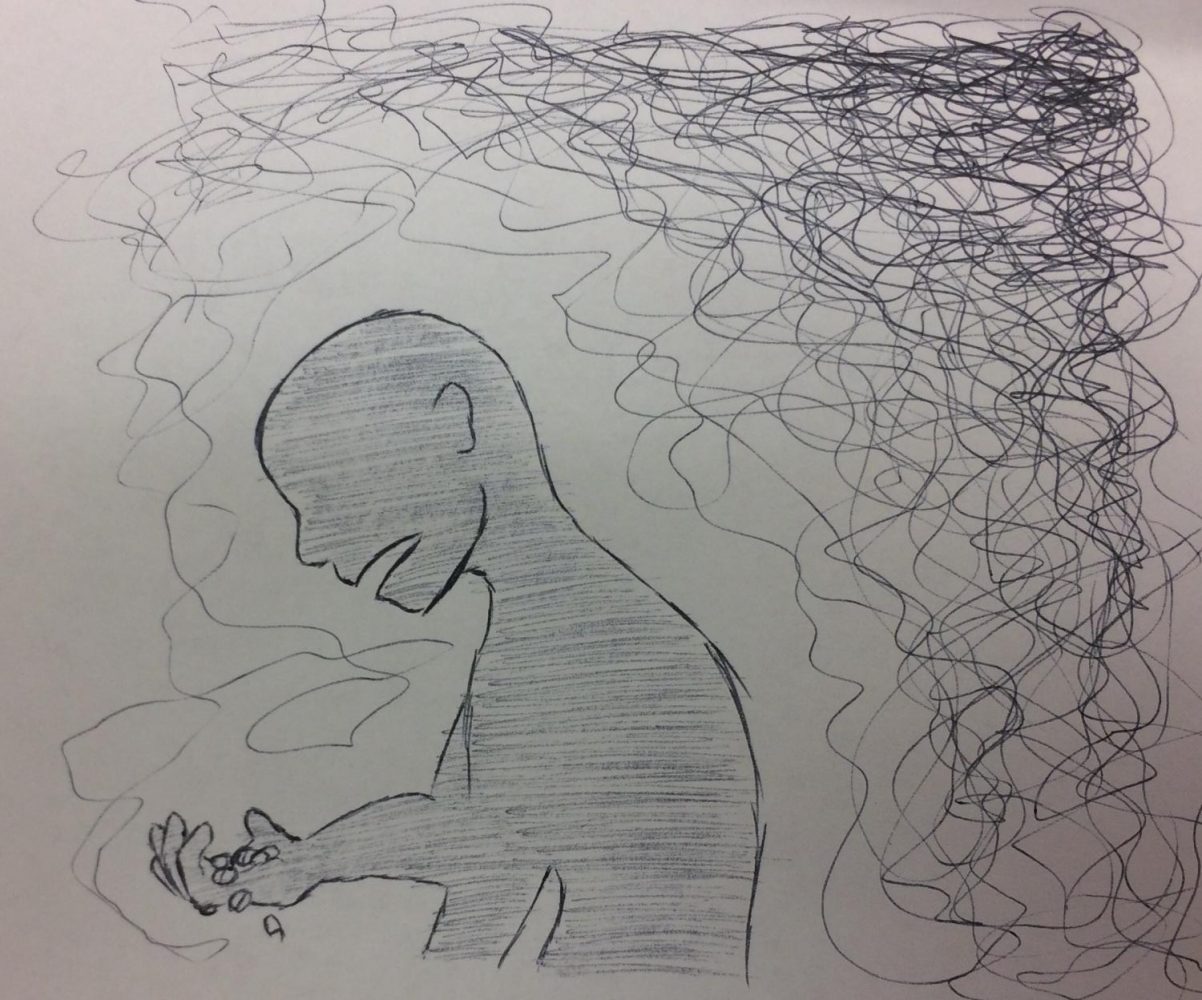Are antidepressants the solution?
Antidepressant overuse might cause more harm than good.
Antidepressants are not always effective in solving depression.
September 13, 2017
Antidepressant use is a serious concern since depression has become more prevalent and a topic of national attention. It is necessary to discuss antidepressant use among teens.
20% of teenagers will suffer from some form of depression before they reach adulthood and shockingly, every 100 minutes a teenager commits suicide. Antidepressants are seen as a viable solution to these problems.
According to the National Center for Health Statistics (NCHS), antidepressant prescriptions have increased 400% from 1994 to 2005. Many would suggest that this increase in antidepressant use is a positive thing since depression has been empirically undertreated, but many experts would suggest otherwise.
There are concerns that these drugs might not be working at all; Steven Hollon, Ph.D., a psychology professor at Vanderbilt University says “I would say at least half the folks who are being treated with antidepressants aren’t benefiting from the active pharmacological effects of the drugs themselves but a placebo effect.” These concerns are further enhanced when the discussion shifts to teenage patients; according to one study, the majority of antidepressant use in teens is useless for those that suffer from mild to moderate depression.
There is no question that those who suffer from severe depression require some form of medication. Antidepressants such as Prozac help teens with severe depression, but studies suggest that antidepressants have worsening effects on teens. A study published in the journal Frontiers of Psychology finds that 25% of people that shun antidepressants relapse, while 42% of those who use antidepressants will suffer a relapse in the future. Additionally, a separate study by the FDA reports that antidepressant use in teens can cause an incremental increase in suicide rates. Research points towards the conclusion that antidepressants actually might be making the problem worse, so how did we find ourselves in such a precarious position?
Some suggest that this problem is the result of pharmaceutical companies pushing antidepressants. Pharmaceutical companies supply upwards of 2.4 billion dollars in mainstream marketing for their medications. Major networks and companies cannot afford to project criticisms about these drugs as they would lose millions in ad revenue. This dangerous cycle has led to an unhealthy reliance on medication where consumers view antidepressants favorably and as the fix-it-all solution to any form of depression without first being aware of the negative consequences. Another cause for this problem could be the over-prescription of antidepressants by medical professionals. Research at the CDC concludes that many of those who use antidepressants do not consult with a mental health professional, and they are not often aware of other remedies like psychotherapy.
Antidepressants exist as a treatment for those who suffer from the most severe types of depression, but an issue exists in identifying those who merely require a short-term solution for their depression. The BRAIN Initiative works to form a more concrete diagnosis by mapping the human brain, but currently, the only solution is to consult with a psychiatric professional; people do not take full advantage of these opportunities. Ultimately, the decision comes down to those afflicted who must weigh their ‘pros and cons’ for each treatment type, understand their risk, and consult with a psychiatric professional.





